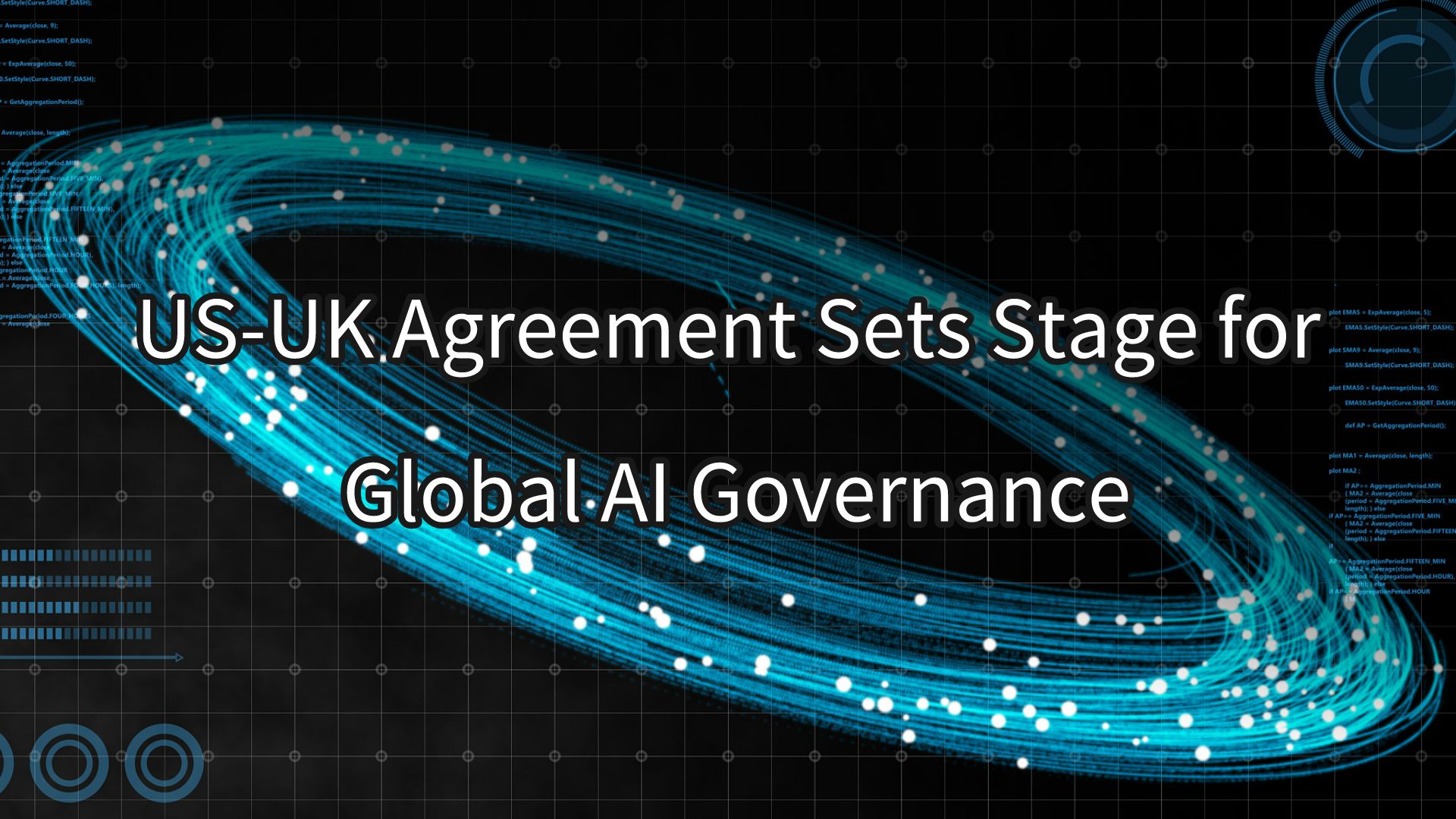AI Integration in Entertainment Industry Sparks Debate Over Worker Rights and Innovation
Background
The integration of artificial intelligence (AI) technology into the entertainment industry represents a significant shift in production methodologies. Traditionally, the creation of films, television shows, and animated content relied heavily on the expertise and craftsmanship of animators and visual effects artists. However, advancements in AI-driven tools have led to the automation of certain tasks and the emergence of new production techniques.
News Summary
The entertainment industry is at a crossroads as executives explore AI technology to streamline production processes, while animators and visual effects workers raise concerns about potential job displacement. With AI tools already replacing staff in Hollywood, workers are calling for regulations to protect their rights and ensure fair compensation for their creative contributions. Unions representing animation and visual effects workers are advocating for rules governing the deployment of AI in studios, aiming to prevent the use of AI-generated images without proper recognition or payment. While AI presents challenges for traditional roles in the industry, independent filmmakers see opportunities to leverage AI tools for creative visualization and project pitching. However, legal and ethical questions loom over the use of AI in filmmaking, with copyright issues and environmental concerns adding complexity to the debate. As the industry grapples with these challenges, labor unions and policymakers are working to establish guidelines that balance innovation with worker rights and environmental sustainability.
Personal Insights
Innovation and Challenges:
The application of artificial intelligence (AI) technology in the entertainment industry brings both innovation and efficiency improvements, as well as a series of challenges. The introduction of automation tools may accelerate production processes and reduce costs, but it also affects the career prospects of traditional animators and visual effects workers.
Balancing Interests:
While promoting the application of AI technology, we need to ensure that the rights of workers are protected. This involves establishing reasonable regulations and policies to ensure that workers can continue their professions and receive fair compensation.
Training and Transition:
Faced with the rise of AI technology, workers need to continuously learn and adapt to new technologies to remain competitive. At the same time, industry organizations and employers should provide training and transition support to help workers smoothly transition to new working methods.
Creating Opportunities and Challenges:
Although AI technology may impact certain traditional job positions, it also brings new creative opportunities for independent filmmakers and small production teams. By leveraging AI tools, they can realize creative ideas at lower costs and higher efficiency, driving innovation and development in the industry.
Ethical and Legal Issues:
With the widespread adoption of AI technology, ethical and legal issues related to intellectual property, copyright, and privacy are becoming increasingly important. We need to strengthen regulation and supervision of these issues to ensure that the application of AI technology complies with ethical and legal norms, protecting the rights of all stakeholders.

Related Articles
Europe's Ethical Leadership in AI Governance: Shaping a Trustworthy Future
Europe is leading the charge in ethical AI development, setting global standards that prioritize human dignity, privacy, and fairness while balancing innovation with responsibility.


US-UK Agreement Sets Stage for Global AI Governance
The recent U.S.-UK bilateral agreement on AI safety highlights the importance of international cooperation in addressing the ethical and societal implications of AI technology, emphasizing the need for robust governance frameworks.


Navigating the Ethical Terrain: Slack's AI Data Usage Sparks Concern
The recent controversy surrounding Slack's AI data usage policies has ignited widespread concern over user privacy and transparency in AI development.

